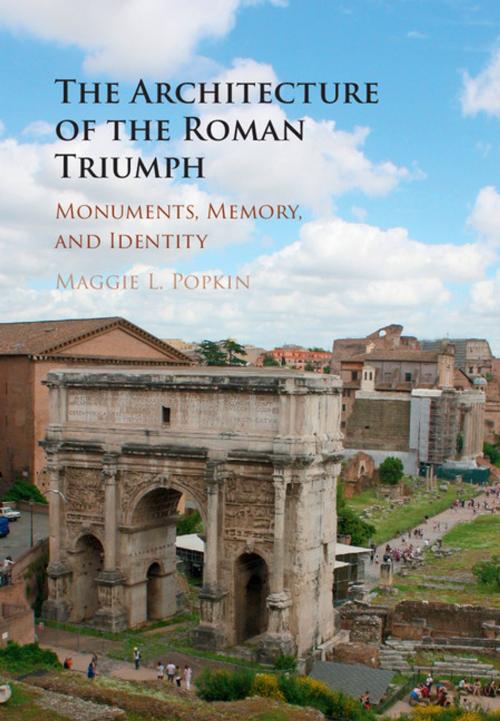The Architecture of the Roman Triumph
Monuments, Memory, and Identity
Nonfiction, Art & Architecture, Art History, Architecture, History| Author: | Maggie L. Popkin | ISBN: | 9781316577523 |
| Publisher: | Cambridge University Press | Publication: | July 22, 2016 |
| Imprint: | Cambridge University Press | Language: | English |
| Author: | Maggie L. Popkin |
| ISBN: | 9781316577523 |
| Publisher: | Cambridge University Press |
| Publication: | July 22, 2016 |
| Imprint: | Cambridge University Press |
| Language: | English |
This book offers the first critical study of the architecture of the Roman triumph, ancient Rome's most important victory ritual. Through case studies ranging from the republican to imperial periods, it demonstrates how powerfully monuments shaped how Romans performed, experienced, and remembered triumphs and, consequently, how Romans conceived of an urban identity for their city. Monuments highlighted Roman conquests of foreign peoples, enabled Romans to envision future triumphs, made triumphs more memorable through emotional arousal of spectators, and even generated distorted memories of triumphs that might never have occurred. This book illustrates the far-reaching impact of the architecture of the triumph on how Romans thought about this ritual and, ultimately, their own place within the Mediterranean world. In doing so, it offers a new model for historicizing the interrelations between monuments, individual and shared memory, and collective identities.
This book offers the first critical study of the architecture of the Roman triumph, ancient Rome's most important victory ritual. Through case studies ranging from the republican to imperial periods, it demonstrates how powerfully monuments shaped how Romans performed, experienced, and remembered triumphs and, consequently, how Romans conceived of an urban identity for their city. Monuments highlighted Roman conquests of foreign peoples, enabled Romans to envision future triumphs, made triumphs more memorable through emotional arousal of spectators, and even generated distorted memories of triumphs that might never have occurred. This book illustrates the far-reaching impact of the architecture of the triumph on how Romans thought about this ritual and, ultimately, their own place within the Mediterranean world. In doing so, it offers a new model for historicizing the interrelations between monuments, individual and shared memory, and collective identities.















